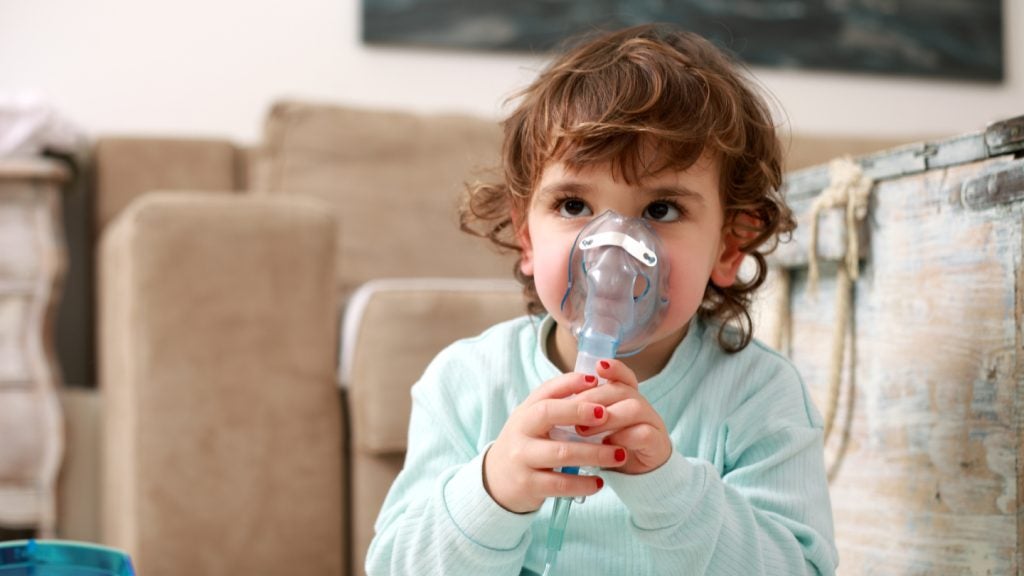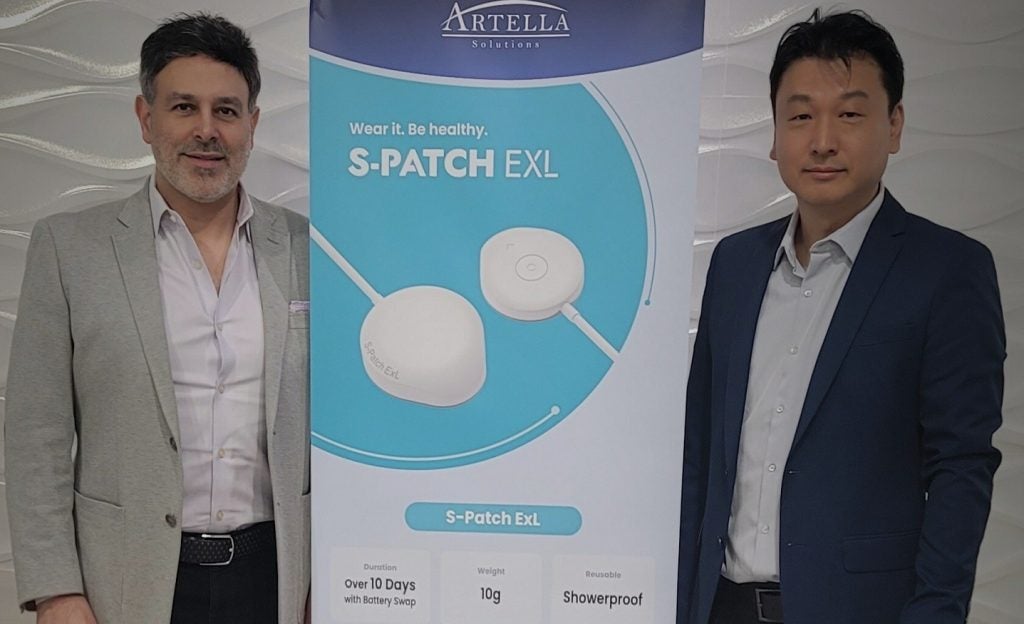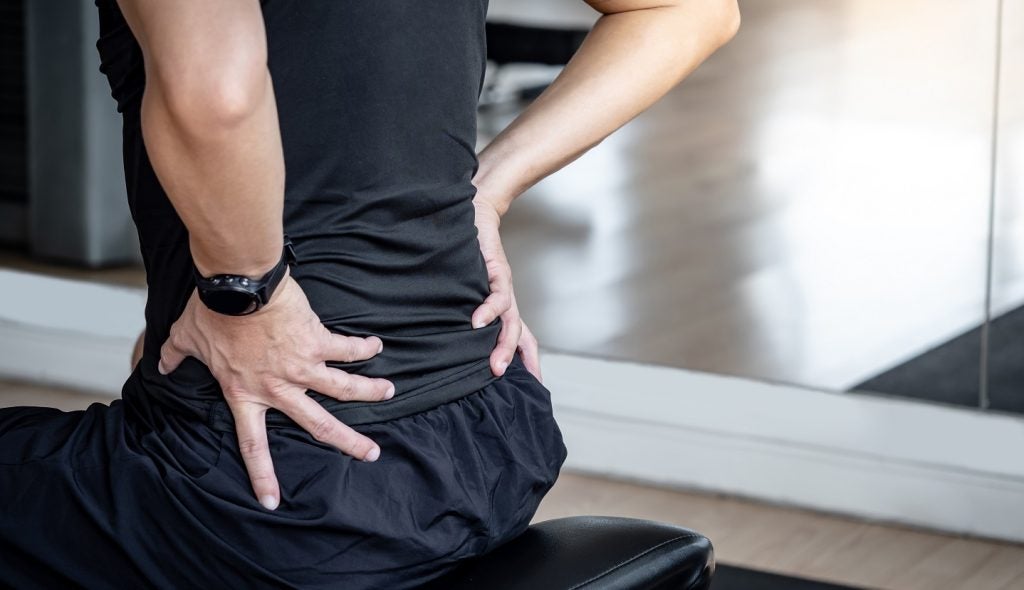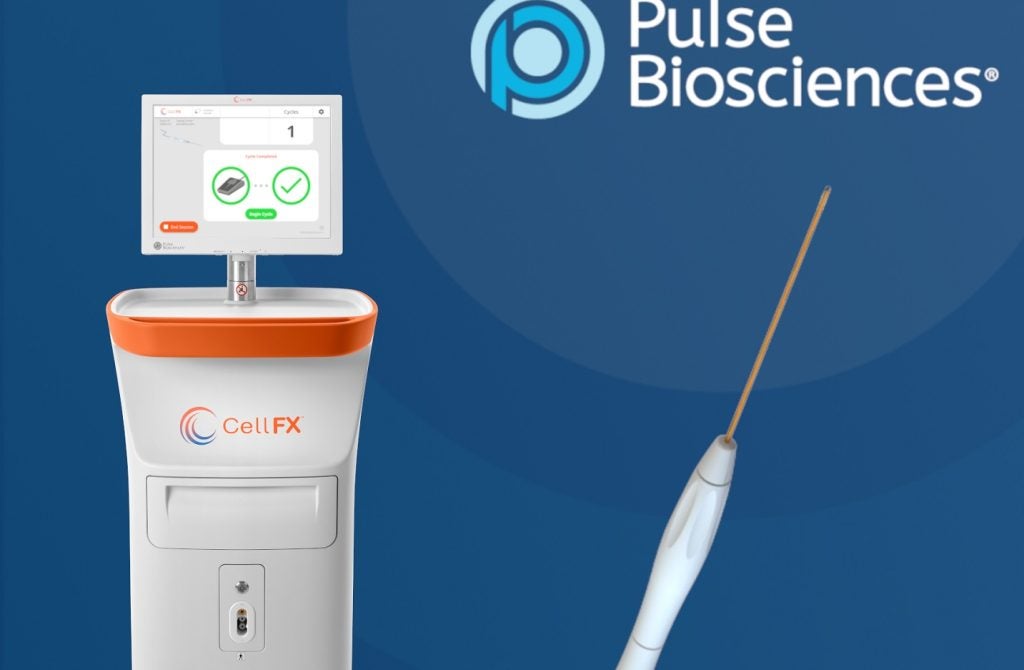UK-based respiratory device firm, TidalSense, has announced a new pilot study aimed at evaluating a new device designed to test for respiratory conditions such as asthma in children.
Launched in partnership with the University of Nottingham and Nottingham University Hospitals National Health Service (NHS) Trust, the pilot study will examine the use of the N-Tidal in 75 children under five years old with asthma and viral wheeze.
The NHS estimates that at present there are approximately 1 million children in the UK that are receiving treatment for asthma. Between 2017 and 2018, 496 children were admitted to hospital as a result of asthma attacks or episodes.
TidalSense’s N-Tidal device is designed as an alternative to traditional methods of detecting the amount of carbon dioxide in a breath through spirometry, a method which requires a number of manoeuvres and breathing exercises that could be difficult to get a child to cooperate with whilst suffering an asthma episode. TidalSense has said that the N-Tidal uses capnography to measure CO2 levels in the breath during normal breathing in and out with no need for manoeuvres or exercises.
The pilot study will involve 75 children in Nottingham with and without breathing difficulties and will explore whether the device can detect changes in the lungs associated with airway obstruction.
The study will help determine whether the CO2 data collected using the N-Tidal device can be used to measure whether there is airway obstruction in the lungs of children with asthma and viral wheeze and how severe it is. TidalSense said that it hopes that this could then lead to the validation of N-Tidal as a novel diagnostic test for asthma in children or a better way of monitoring these conditions as part of a larger study.
Ameera Patel, CEO of TidalSense, added: “This new pilot study is a hugely exciting direction for TidalSense. Young children with suspected asthma are a big, underserved population.
“Current diagnostic methods, such as spirometry, are very challenging to use in paediatric populations, hindering accurate and timely diagnosis. As it only requires relaxed breathing, making it significantly easier to administer, N-Tidal could bridge this gap, leading to improved diagnosis, earlier intervention and, ultimately, better outcomes for children with breathing difficulties.”
In the US, the US Food and Drug Administration (FDA) has granted 510(k) clearance to NuvoAir for its device that allows individuals to conduct comprehensive lung function tests from their own homes. A model on GlobalData’s Medical Device Intelligence Center details how the the US spirometer market is set to be worth $47.5m in 2030.
In the UK, the Scottish-based start-up 1nhaler raised £2m ($2.5m) to develop a single-use dry powder inhaler that can be tailored to deliver individual drugs to patients whilst being as thin as a credit card.















